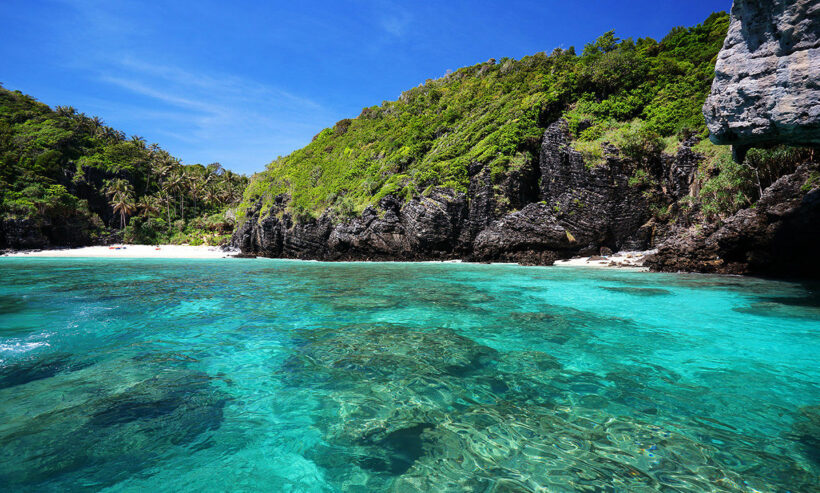Thailand’s wildlife is thriving in shutdown, but maybe not for long

by Ben Schaye
There have been a lot of viral news stories going around Thailand the last few weeks about the way wildlife is rebounding while humans are all hunkered down at home under Covid-19 lockdown. Dugongs (sea cows) have been seen frolicking off the coast of Trang, a pod of false killer whales appeared near Koh Lanta, and endangered leatherback sea turtles have been laying eggs on beaches in numbers not seen in years.
There is a serious threat toward wildlife looming though, and this drop in tourism can create its own problems for animals. While it’s great that the pressures of mass tourism have eased up on these creatures, if people don’t have work and income, that pressure will be replaced by poaching and unsustainable hunting.
Thailand is a solidly middle-income, developing country. Extreme poverty is low, and hunger is close to non-existent, or at least they were when times were good. Now with much of the economy shut down to slow the spread of the coronavirus, millions of people are out of work and facing difficult times. If this goes on much longer, it’s not a question of if, but when some of those people will turn toward poaching, illegal hunting, and fishing with cyanide or even dynamite.
While high profile stories of poachers and land encroachers are often in the news in Thailand, the country actually does a lot to protect its marine and land-based ecosystems. In the last few years, popular islands and beaches such as Maya Bay have been closed indefinitely, while areas like the Similan and Surin Islands are closed for half the year to allow ecosystems to recover from humans.
Thailand’s national parks also offer habitat protection to thousands of species including thousands of wild elephants whose populations have finally stabilized after decades of decline.
All of this may be under threat from the effects of the economic shutdown. While marine and national parks have yet to see layoffs or budget cuts, that could change as budgets are strained across all government sectors. These parks and reserves typically have money flowing in each day from admission fees but have been closed now for around a month and counting. Any staff cuts would make it easier for poachers to sneak in and out of these areas, while pay cuts could tempt rangers to accept bribes, or become poachers themselves.
Unlike many other countries in Southeast Asia, Thailand has mostly done away with unsustainable fishing practices such as dynamite fishing or using cyanide to poison waters and kill fish. These practices that were once widespread have become quite rare due to a combination of strong enforcement and better education, but a cratering economy might threaten these gains. Desperation may lead people back into such unsustainable methods, and few things cause as much desperation as not having enough food to feed your family.
The solution to this problem needs to address the short and the long term. For now, Thailand needs to provide a way for its citizens to meet their basic needs. They also need to ensure that wildlife protection officials are still on the job and still being paid to patrol and keep poachers out.
In the longer term, there are lessons to be learned from the way wildlife is thriving right now while tourism is practically non-existent. More beaches and islands may need to be closed off, at least for temporary periods of time. There may also be value in closing off open areas of the ocean to boat traffic so that wildlife can gather there undisturbed.
There is a constant give and take between sustainability and economic development. Tourism is a crucial part of the Thai economy, and closing off too many areas will inevitably hurt locals and the broader industry. However, not doing enough will mortgage the future and ultimately be even more painful. Let’s hope the government can get this right. For now, we all need to come together to help out our neighbors and our communities. Meanwhile, let’s hope the animals enjoy their own little holiday in Thailand away from the stresses of ordinary life.
Ben has a blog at It’s Better In Thailand
Find unexplored destinations, amazing beaches, delicious food & exciting things to do.
Latest Thailand News
Follow The Thaiger on Google News:


























